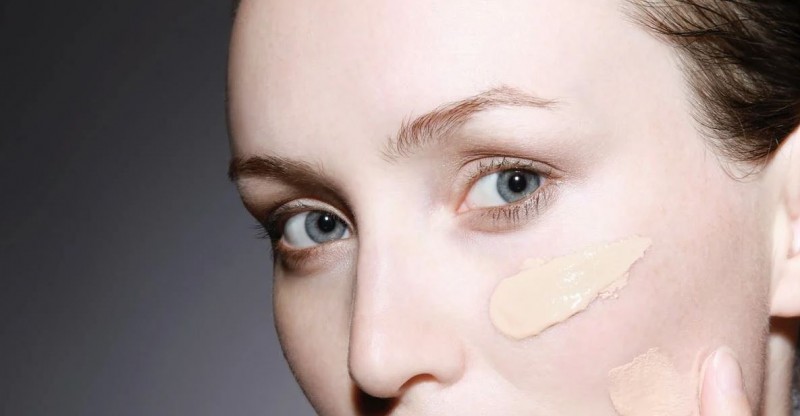
Sunscreen is a common essential when it comes to spending time outdoors, but have you ever wondered if you should apply sunscreen even when you're inside your home? The answer might surprise you. In this article, we'll delve into the reasons why applying sunscreen indoors might actually be beneficial and explore the potential risks of neglecting sun protection within the confines of your home.
We often associate sunscreen with days at the beach, outdoor sports, and picnics in the park. However, the sun's harmful ultraviolet (UV) rays can penetrate windows and affect us even when we're inside our homes. This raises the question: should you apply sunscreen indoors?
Understanding UV Radiation
UV radiation is classified into UVA, UVB, and UVC rays. While UVC rays are mostly absorbed by the Earth's atmosphere, UVA and UVB rays can still reach us. UVA rays are associated with premature aging, while UVB rays cause sunburn. Both types of rays can contribute to skin cancer.
Sun Protection: Beyond Outdoor Activities
Contrary to popular belief, UV rays are not solely present during outdoor activities. They can penetrate windows, exposing you to potential harm while you engage in everyday indoor tasks. This makes indoor sunscreen application a relevant consideration.
The Role of Windows in UV Protection
While windows do provide some level of UV protection, they don't block all harmful rays. Most standard windows filter out UVB rays but allow UVA rays to pass through, contributing to skin damage over time.
Indoor Light Sources and UV Exposure
Indoor light sources, such as compact fluorescent lamps (CFLs) and certain LED bulbs, emit low levels of UV radiation. Prolonged exposure to these sources without protection could have a cumulative effect on your skin.
The Impact of Electronic Devices
Electronic devices like smartphones, tablets, and computers emit blue light, which is a form of high-energy visible (HEV) light. Some studies suggest that HEV light may contribute to skin aging. Applying indoor sunscreen could potentially mitigate this effect.
Sunscreen: Not Just for Outdoors
Sunscreen isn't limited to outdoor use. It's a versatile tool that can protect your skin from the harmful effects of UV radiation, regardless of your location.
Choosing the Right Sunscreen for Indoor Use
Opt for a broad-spectrum sunscreen with a high SPF. This ensures protection against both UVA and UVB rays. Consider a sunscreen that's lightweight and non-greasy for comfortable indoor wear.
Daily Routine: Incorporating Indoor Sunscreen
Integrate indoor sunscreen application into your daily routine. Apply it in the morning and reapply if you spend extended periods near windows or under artificial light.
Benefits of Indoor Sunscreen Application
Addressing Common Misconceptions
Misconception: "I'm indoors most of the time, so I don't need sunscreen." Reality: UV rays can penetrate windows and affect you during routine indoor activities.
Maintaining Healthy Vitamin D Levels
Some worry that indoor sunscreen may hinder vitamin D synthesis. However, brief sun exposure on arms and legs or vitamin D supplements can ensure adequate levels without sacrificing skin health.
Skin Health: More Than Just Sunburn Prevention
Indoor sunscreen isn't just about preventing sunburn; it's about preserving your skin's overall health and appearance.
Incorporating Sun Protection as a Family
Teach your family about the importance of indoor sun protection. Make it a part of your daily routine, especially for children whose skin is more sensitive.
Incorporating sunscreen application indoors is a proactive step towards safeguarding your skin's health. UV rays know no boundaries, and consistent protection can prevent a range of skin issues, from premature aging to skin cancer. Don't let your indoor activities compromise your skin's well-being.
Fashion Revolution: Unveiling the Path to Transparency and Ethical Fashion Practices
From Waste to Wow: How Eco-Friendly Footwear Transforms Fashion
Use mint cucumber and rose water to bring back the lost glow of the skin